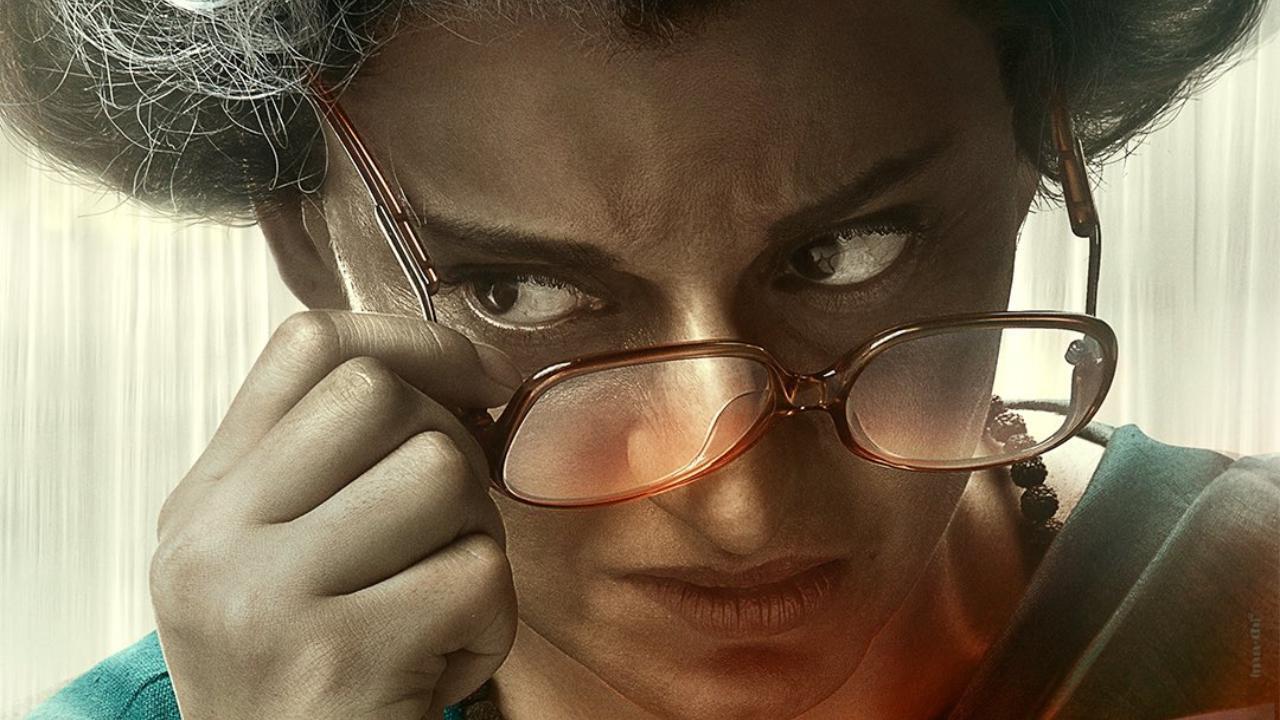
After several months of delay and controversy, acclaimed actor and filmmaker Kangana Ranaut has announced that her ambitious political drama, ‘Emergency,’ has finally received clearance from the Central Board of Film Certification (CBFC). This important milestone marks the resolution of a complicated confrontation with the censorship authority, which had previously stalled the film’s release. The project, which is set against the backdrop of a particularly turbulent chapter in India’s history, has been trimmed by just one minute following recommendations from the board.
Originally scheduled for a September 6 release, ‘Emergency’ was withheld from audiences due to a delay in acquiring the necessary censor certificate, an essential requirement for the public screening of films in India. This holdup was due to allegations from Sikh organizations, including the influential Shiromani Akali Dal, who criticized the film for its portrayal of the Sikh community, claiming it contained factual inaccuracies that could potentially harm communal harmony. These assertions resulted in increased scrutiny from the CBFC, delaying the approval process.
In a significant development last month, the Bombay High Court was informed that Kangana Ranaut had agreed to comply with the CBFC’s suggested edits to the film. The judicial body was told that these minor alterations were a cooperative gesture to move past the impasse and enable the film’s release. This development was a turning point in the resolution of the gridlock that kept the film from its original release date.
The film’s new certificate, which has made rounds on social media, indicated a slightly reduced runtime—from the initial 147 minutes to a revised 146 minutes. This indicates that the alterations were relatively minor, accounting for just a minute’s worth of cinematic content. The decision to implement these cuts appears to have paved the way for ‘Emergency’ to move forward with its release plans.
‘Emergency’ is an ambitious biographical project where Kangana Ranaut takes on the role of former Indian Prime Minister Indira Gandhi, focusing on the controversial 21-month period of emergency she imposed from 1975 to 1977.
. This historical era was marked by significant political unrest and has been the subject of much debate and analysis over the decades.
The film is a collaborative production effort between Zee Studios and Manikarnika Films, with Kangana not only leading the cast but also undertaking directorial responsibilities. Her portrayal of Indira Gandhi aims to delve deeply into the socio-political challenges of the time, shedding light on decisions and events that have shaped modern Indian history.
Ranaut’s film boasts an impressive ensemble cast, featuring industry veterans and acclaimed actors including Anupam Kher, Mahima Chaudhary, Milind Soman, Shreyas Talpade, Vishak Nair, and the late Satish Kaushik, who all play pivotal roles. These casting choices promise to bring additional depth and authenticity to the portrayal of historical figures and events.
In communicating the news of the CBFC clearance, Kangana Ranaut took to social media platform X, formerly known as Twitter, to express gratitude and relief to her supporters. She enthused about the long-awaited moment, stating, “We are glad to announce we have received the censor certificate for our movie Emergency, we will be announcing the release date soon. Thank you for your patience and support.” The announcement was welcomed by her fans, who have been eagerly waiting for the film’s release.
As audiences anticipate the unveiling of a new release date, ‘Emergency’ stands as a testament to Kangana Ranaut’s resilience and dedication to storytelling, especially within the historical and political domain. With the censor hurdle now cleared, the film is poised to engage and educate audiences on a significant but controversial chapter of India’s past. The anticipation surrounding its release continues to build, as moviegoers eagerly await this visually compelling excursion into history, through the lens of a filmmaker unafraid of sparking discussion and contemplation about India’s complex sociopolitical tapestry.












